
The power of quantum computers
Quantum computers are computing devices that directly exploit the effects of quantum mechanics. Instead of using classical bits (which can only be 0 or 1), quantum computers use qubits that can exist in a superposition of both 0 and 1 at the same time, allowing calculations to be performed in parallel, resulting in superior computing speeds.
With the current speed of development, quantum computers are gradually going beyond the scope of the laboratory, expected to solve problems beyond the capabilities of existing computers, in fields such as materials science , artificial intelligence (AI)...
According to Cyber Security Expert Phan Phu Thuan,FPT Smart Cloud, FPT Corporation, the combination of quantum technology, AI and blockchain is opening up a new direction for digital infrastructure development. AI is applied to optimize quantum systems, from qubit error correction to algorithm design, helping to accelerate the development of this technology. Meanwhile, blockchain is moving to post-quantum encryption mechanisms to ensure security in the future.
However, quantum computers can also break traditional encryption methods. From here, confidential information, from messages, emails, personal data to organizational records, financial reports... is no longer protected from unauthorized viewers.
Lieutenant Colonel, Master Pham Dinh Hung, Strategic Technology Management Department, Department of Military Science, Ministry of National Defense analyzed: “According to the flow of time, the cryptographic system of mankind is divided into two major branches: classical cryptography and modern cryptography. The modern branch forms two pillars: quantum encryption and post-quantum encryption. Quantum encryption consists of two components: QKD and QRNG. This is a type of encryption that is absolutely based on physical laws, it cannot be broken by computational methods.
To attack, one must break the laws of nature, which is almost impossible. Meanwhile, Post Quantum Cryptography (PQC), which is essentially classical encryption running on binary computers, is designed to resist future quantum computers. This cryptosystem needs to be constantly reinforced and updated to ensure its resistance to the rapid development of quantum power.
Focus on quantum-resistant encryption research
After the meeting on September 18, 2025 of the Standing Committee of the Central Steering Committee on Science, Technology, Innovation and Digital Transformation, General Secretary To Lam concluded that one of the key tasks to be carried out is to research and develop quantum-resistant encryption to protect state secrets. This is a directive that demonstrates the strategic orientation with a long-term vision, the spirit of proactive defense, and the protection of national cybersecurity and data security of the head of our Party in the face of new technological challenges.
Around the world, many countries have developed quantum-resistant encryption. Algorithms are designed to ensure security even when quantum computers are born. In fact, mastering core cryptography technology in Vietnam is being promoted.
Dr. Ho Van Huong, Deputy Head of the Government Cipher Committee, shared that the MKV national cryptography technology has put Vietnam in the group of few countries that possess autonomous security algorithms - the foundation for data protection in the post-quantum era.
Experts say that Vietnam needs to continue to synchronously deploy many pillars in developing and protecting national cyberspace. First of all, it is necessary to prioritize investment and immediate deployment of quantum encryption (which has been developed and commercialized worldwide) for important national systems such as national security, defense, and banking and finance.
In addition, it is necessary to proactively combine and supplement encryption measures developed and mastered by Vietnam. During the transition period, Vietnam can apply the hybrid encryption model - combining both classical and quantum-resistant algorithms to ensure data security.
To strengthen its autonomy, Vietnam needs to increase investment in specialized quantum laboratories. Focus on developing high-quality human resources, forming and connecting with a network of trusted quantum experts worldwide. Along with that, it is necessary to perfect national institutions and technical standards, integrating quantum-resistant security requirements into domestic technology products and services.
Source: https://nhandan.vn/nghien-cuu-ma-hoa-khang-luong-tu-bao-ve-an-toan-du-lieu-quoc-gia-post923575.html






![[Photo] General Secretary To Lam and National Assembly Chairman Tran Thanh Man attend the 80th Anniversary of the Traditional Day of the Vietnamese Inspection Sector](https://vphoto.vietnam.vn/thumb/1200x675/vietnam/resource/IMAGE/2025/11/17/1763356362984_a2-bnd-7940-3561-jpg.webp)

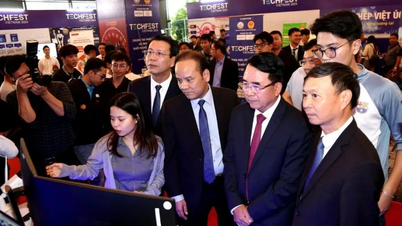



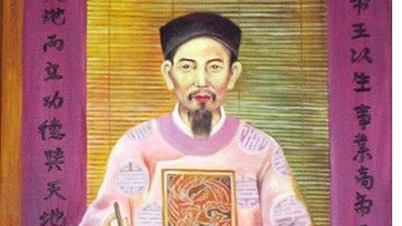
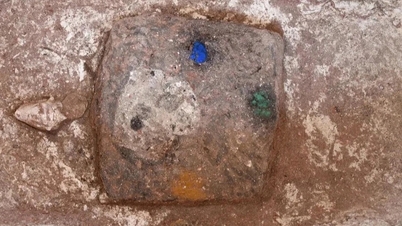

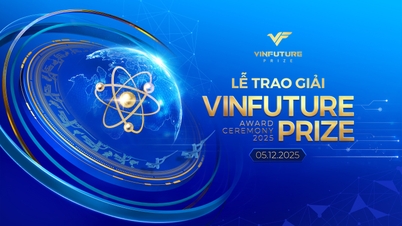


















































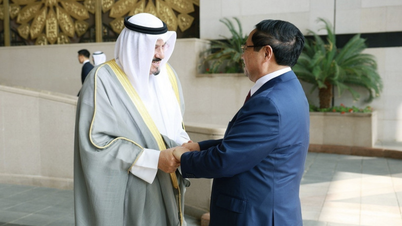



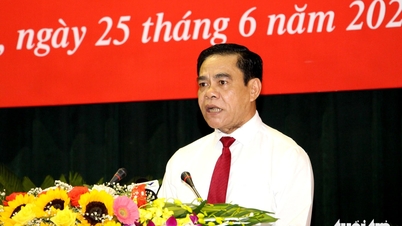
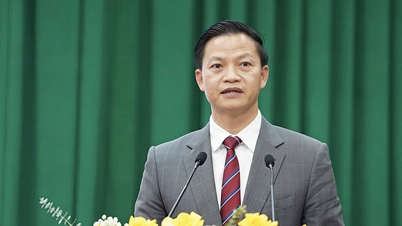





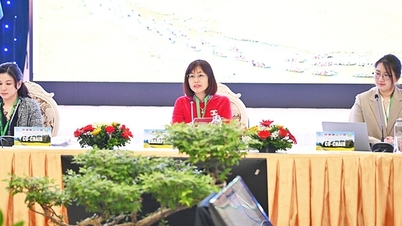
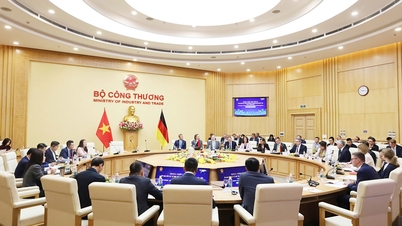




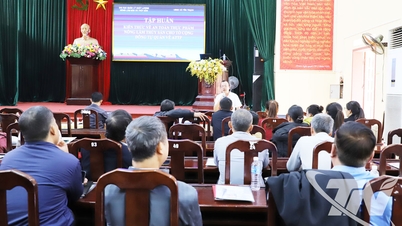

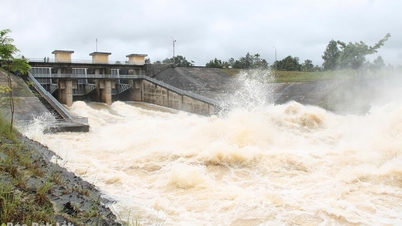

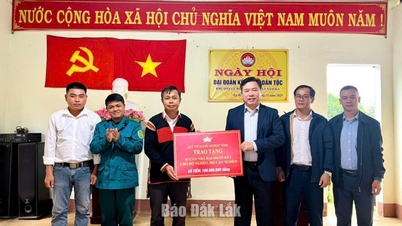
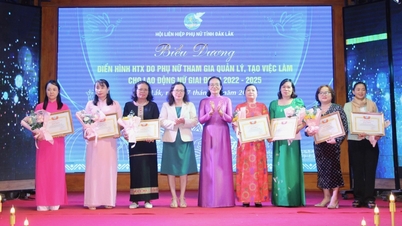











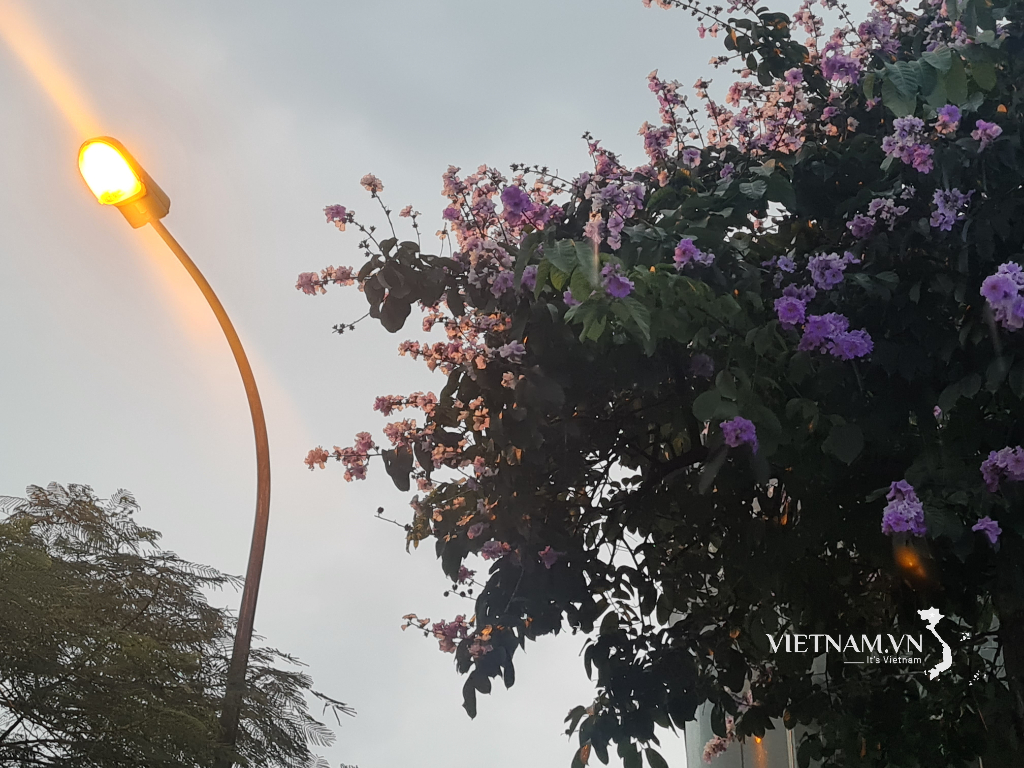

Comment (0)